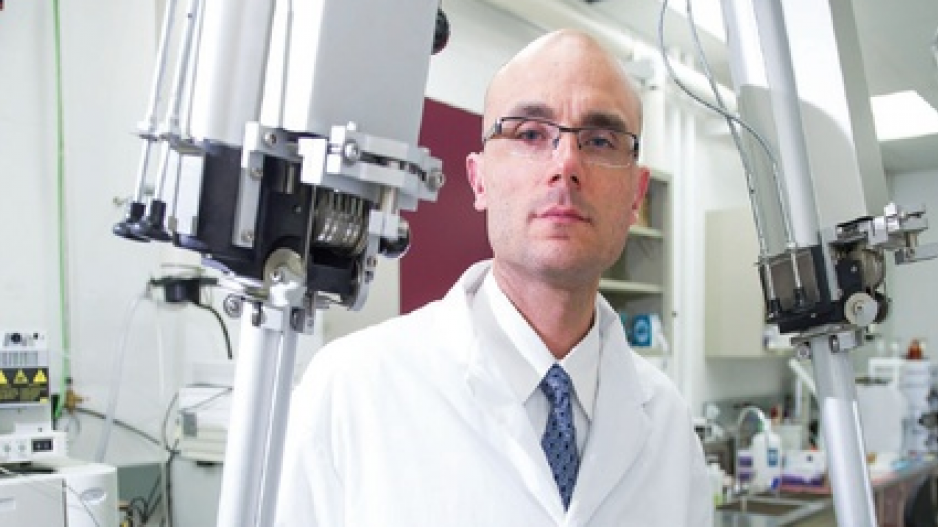It started with a $1.3-million research grant five years ago with the goal of discovering a way to replace Canada’s dwindling medical isotope supply.
Ottawa has seen enough promise in recent breakthroughs at Canada’s national nuclear and particle physics lab near the University of B.C. that it’s committing another $45 million to Triumf.
In its budget released Tuesday (April 22), the federal government has pledged to keep funding Triumf for at least five more years beginning in the 2015-2016 fiscal year.
In January, Triumf announced it has demonstrated a method to supply B.C.’s population on a daily basis with medical isotopes using an SUV-sized particle accelerator known as a cyclotron.
Medical isotopes are used when diagnosing cancer and cardiac conditions, but Canada currently relies on the expensive Chalk River, Ont., reactor for its supply.
The reactor is expected to stop supplying medical isotopes by the end of 2016, leaving scientists as Triumf to figure out a way to provide the country.
Cyclotrons are typically found in most major hospitals, meaning Canada would no longer be dependent on a single source of isotopes.
“(Cyclotrons) have a lower production capacity, but the technology is meant to be decentralized so you don’t have a central-point-of-failure problem,” Dr. Paul Schaffer, head of Triumf’s nuclear medical division, told Business In Vancouver in Janaury.




